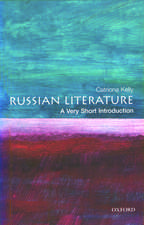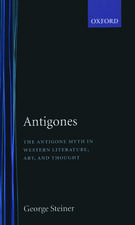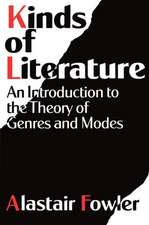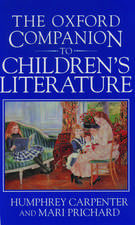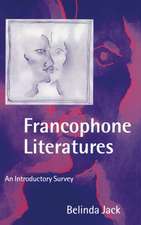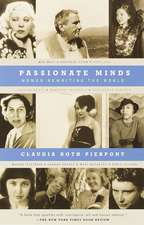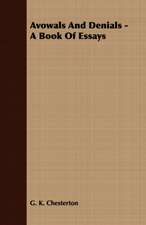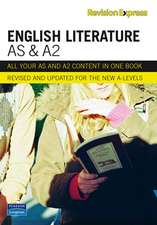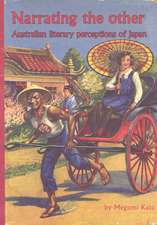Elizabeth Major: Printed Writings 1641–1700: Series II, Part Two, Volume 6: The Early Modern Englishwoman: A Facsimile Library of Essential Works & Printed Writings, 1641-1700: Series II, Part Two
Autor Jeffrey Powers-Becken Limba Engleză Hardback – 15 aug 2003
Preț: 483.34 lei
Preț vechi: 649.12 lei
-26% Nou
Puncte Express: 725
Preț estimativ în valută:
92.48€ • 96.57$ • 76.37£
92.48€ • 96.57$ • 76.37£
Carte tipărită la comandă
Livrare economică 15-29 aprilie
Preluare comenzi: 021 569.72.76
Specificații
ISBN-13: 9780754630982
ISBN-10: 0754630986
Pagini: 264
Dimensiuni: 123 x 186 x 25 mm
Greutate: 0.32 kg
Ediția:1
Editura: Taylor & Francis
Colecția Routledge
Seria The Early Modern Englishwoman: A Facsimile Library of Essential Works & Printed Writings, 1641-1700: Series II, Part Two
Locul publicării:Oxford, United Kingdom
ISBN-10: 0754630986
Pagini: 264
Dimensiuni: 123 x 186 x 25 mm
Greutate: 0.32 kg
Ediția:1
Editura: Taylor & Francis
Colecția Routledge
Seria The Early Modern Englishwoman: A Facsimile Library of Essential Works & Printed Writings, 1641-1700: Series II, Part Two
Locul publicării:Oxford, United Kingdom
Cuprins
Contents: Introductory note; Elizabeth Major, Honey on the Rod; Appendix: transcriptions of the final three pages of text.
Descriere
Elizabeth Major was inspired to write Honey on the Rod (1656) as a result of lameness brought on by a bout of fever in her mid-twenties. The experience left her fiercely devoted to her Christian religion, but also filled with indignation against the sins of nominal Christians. Honey on the Rod was written to comfort the afflicted and afflict the comfortable. The work is in two parts. The first is a lengthy prose meditation in the form of a dialogue between a 'Soul' and 'Consolation'. The second is a sequence of poems on conventional Calvinistic themes, scourging common vices and praising the humble soul that accepts God's rod of affliction. The speaking voice of Honey on the Rod is unmistakeably that of a woman and as such the work contributes a woman's voice to the devotional literature dominated by men in the seventeenth century. This facsimile edition reproduces the copy held in the British Library.
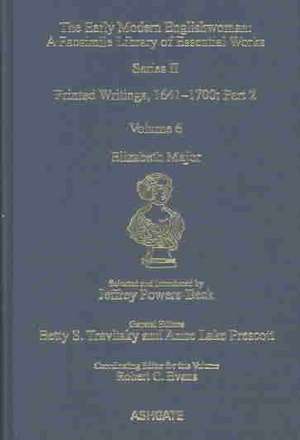



![Elizabeth Singer [Rowe]: Printed Writings 1641–1700: Series II, Part Two, Volume 7](https://i4.books-express.ro/bs/9780754630999/elizabeth-singer-rowe.jpg)
![Grace Norton [Gethin] and Frances (Freke) Norton: Printed Writings 1641–1700: Series II, Part Two, Volume 9](https://i2.books-express.ro/bs/9780754630920/grace-norton-gethin-and-frances-freke-norton.jpg)



